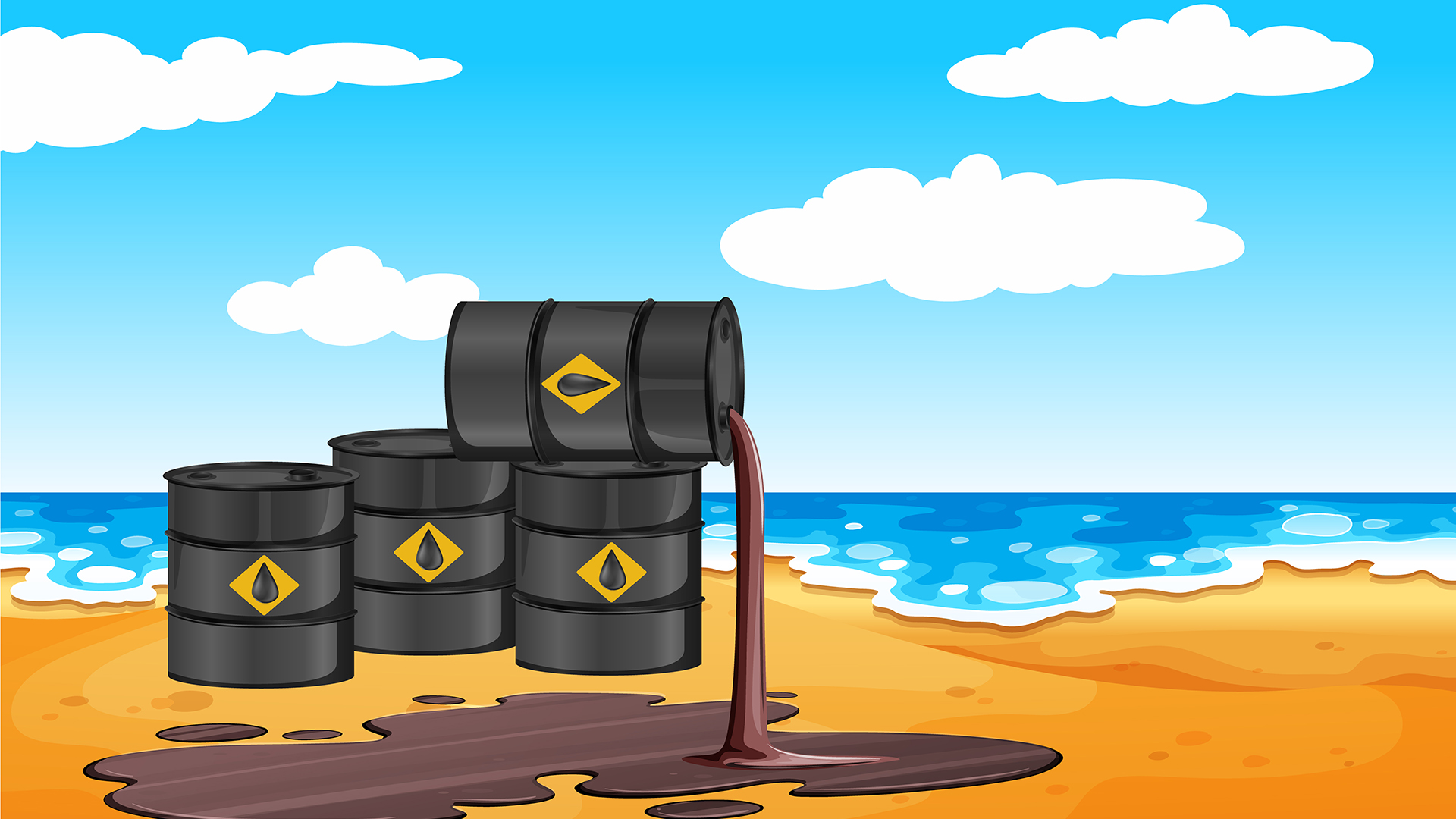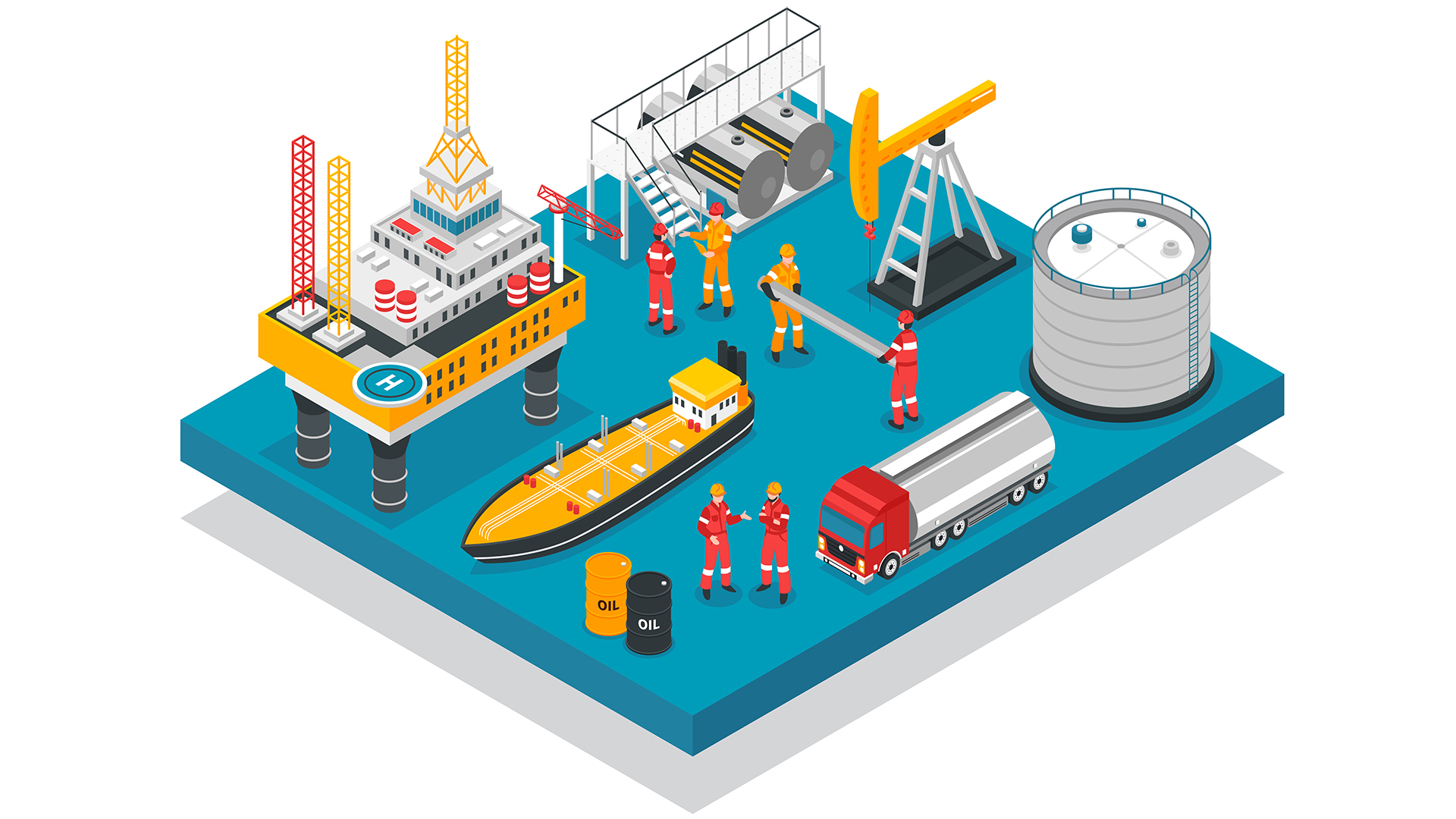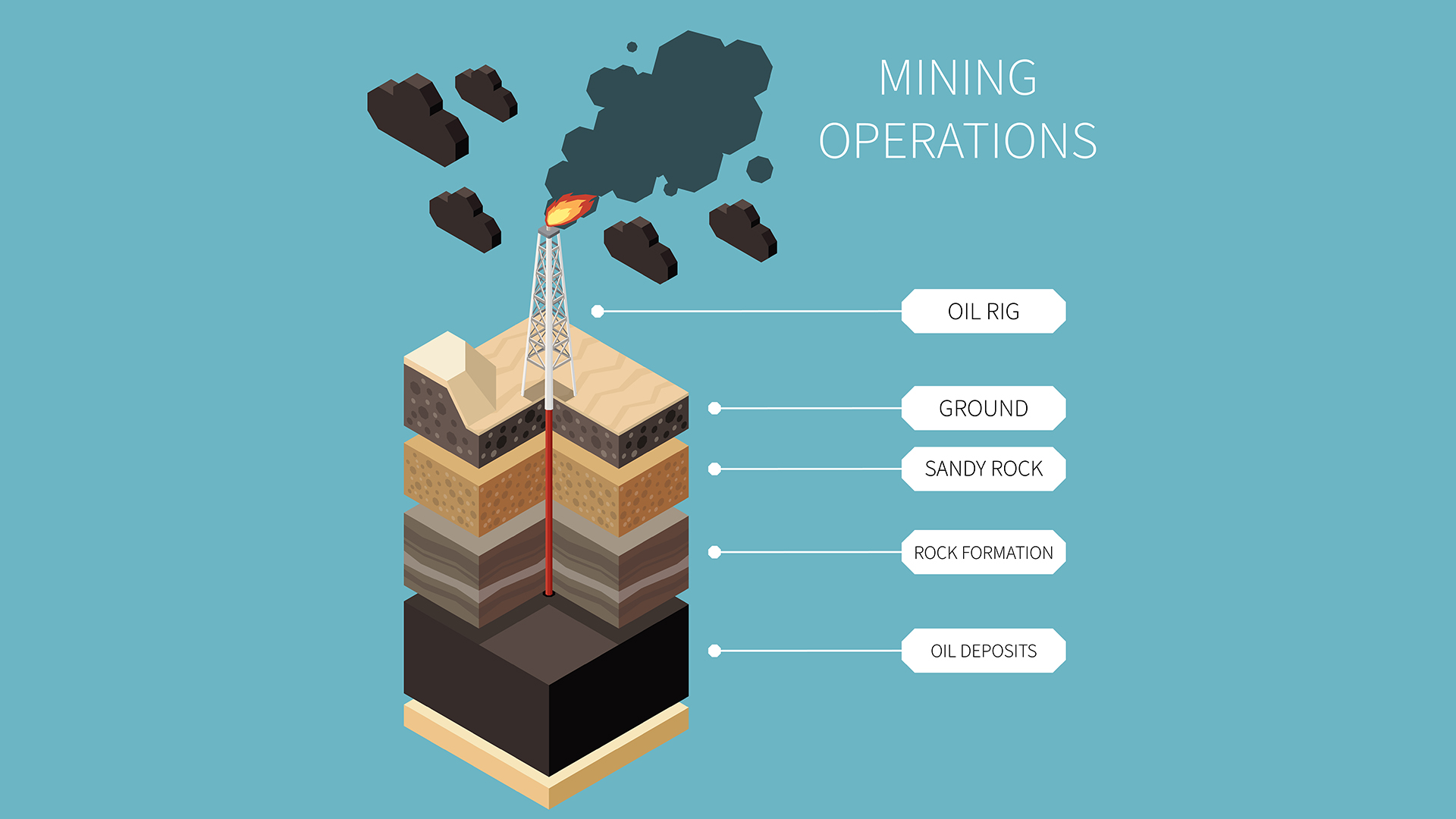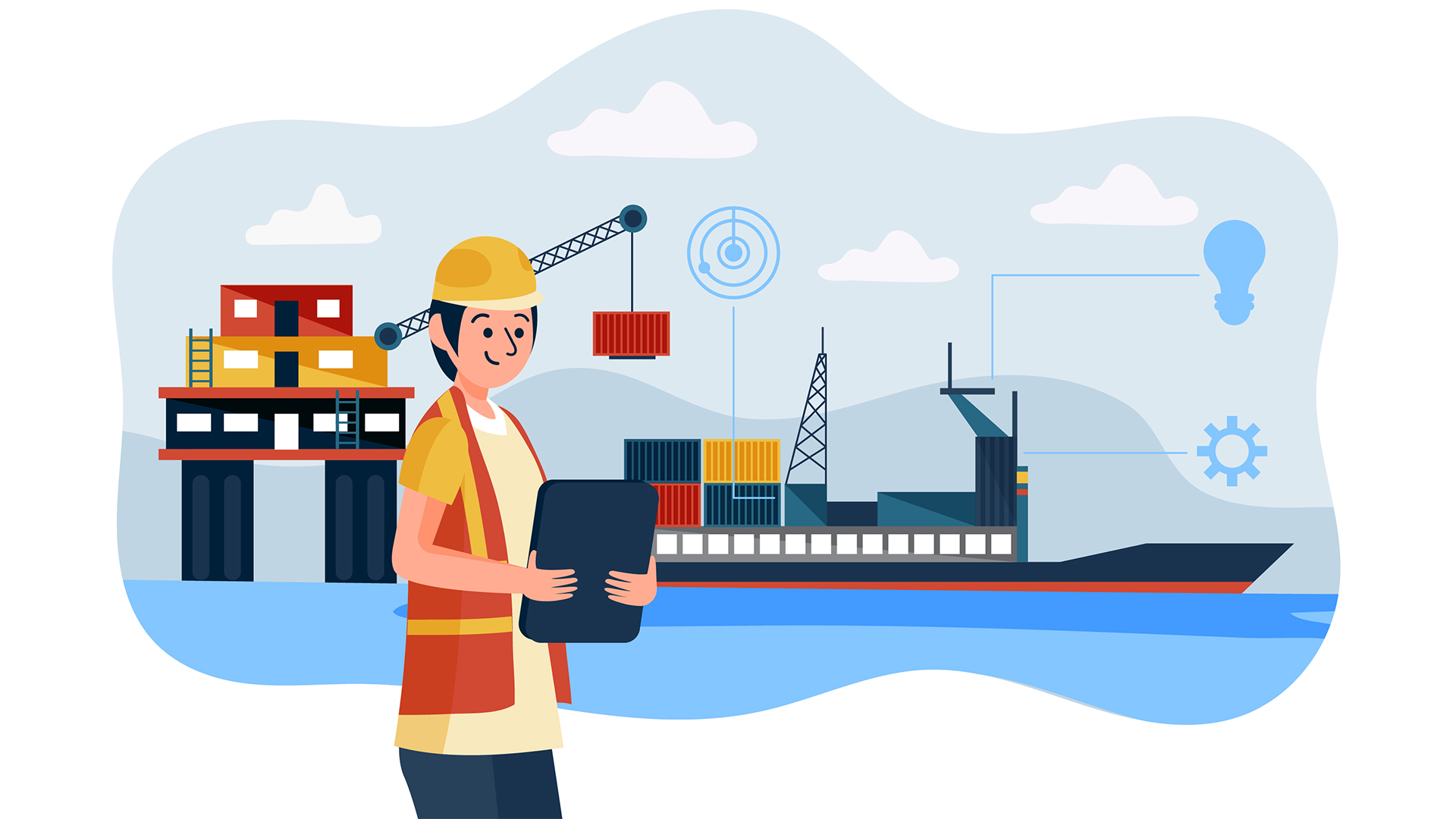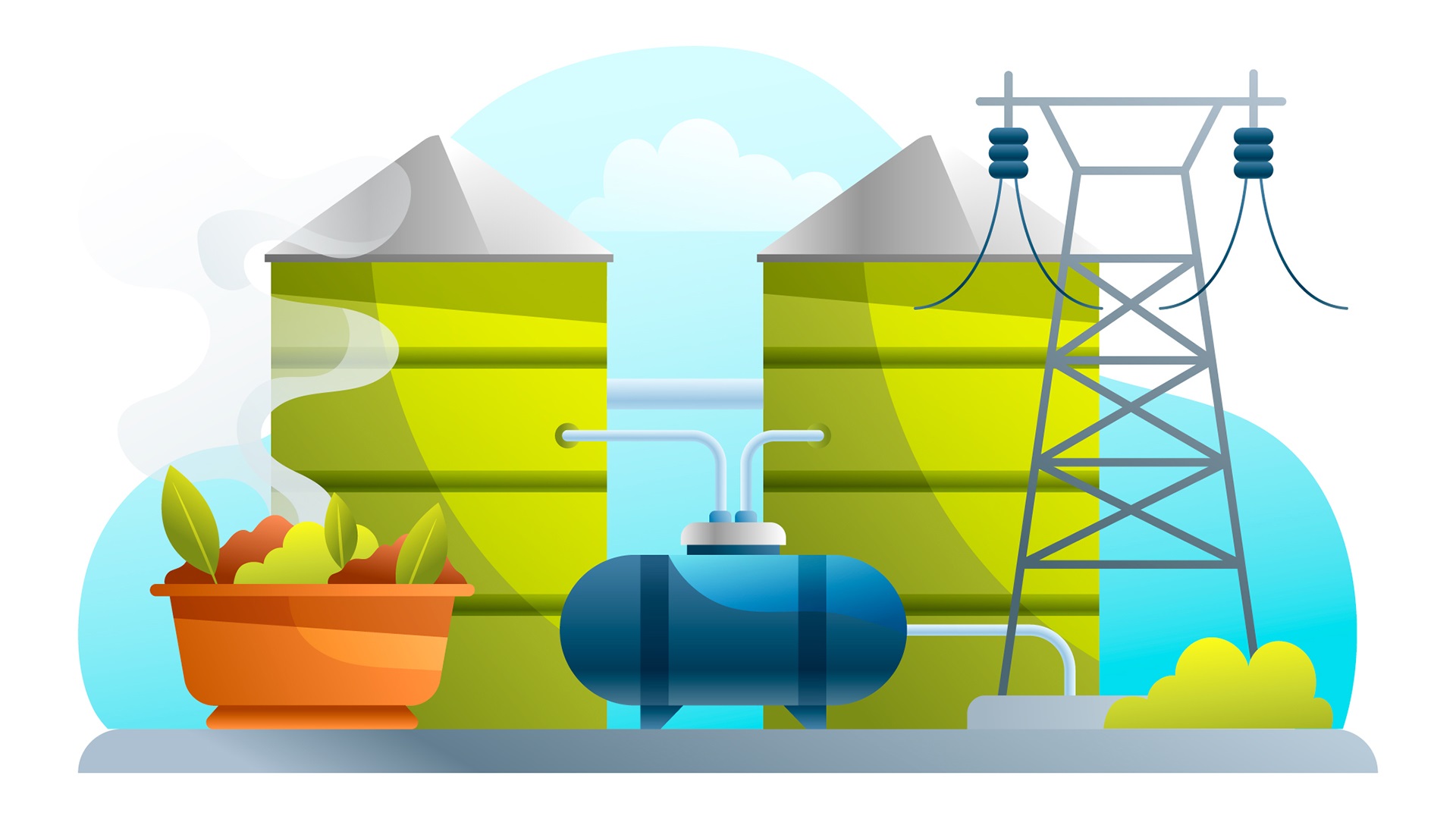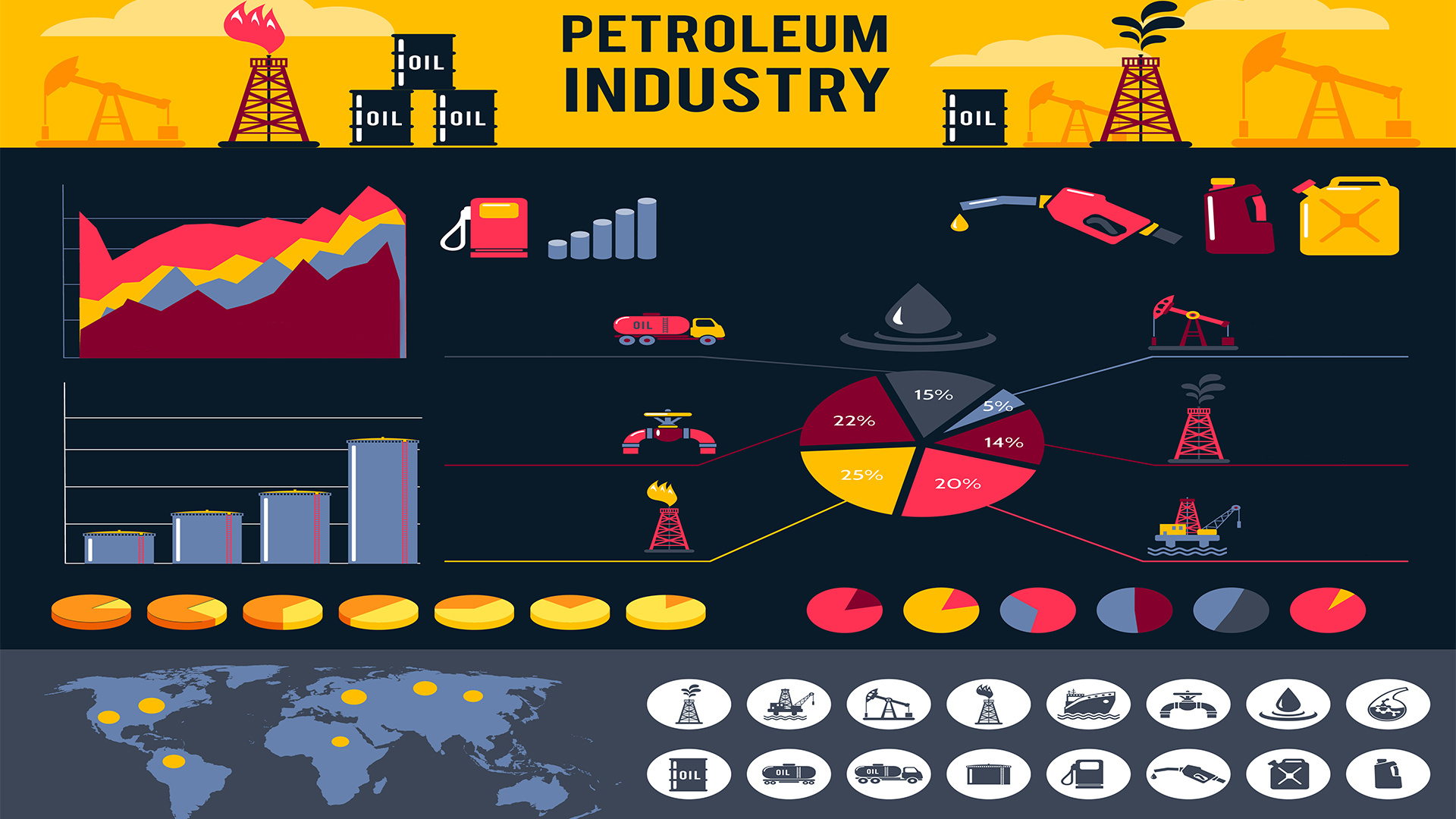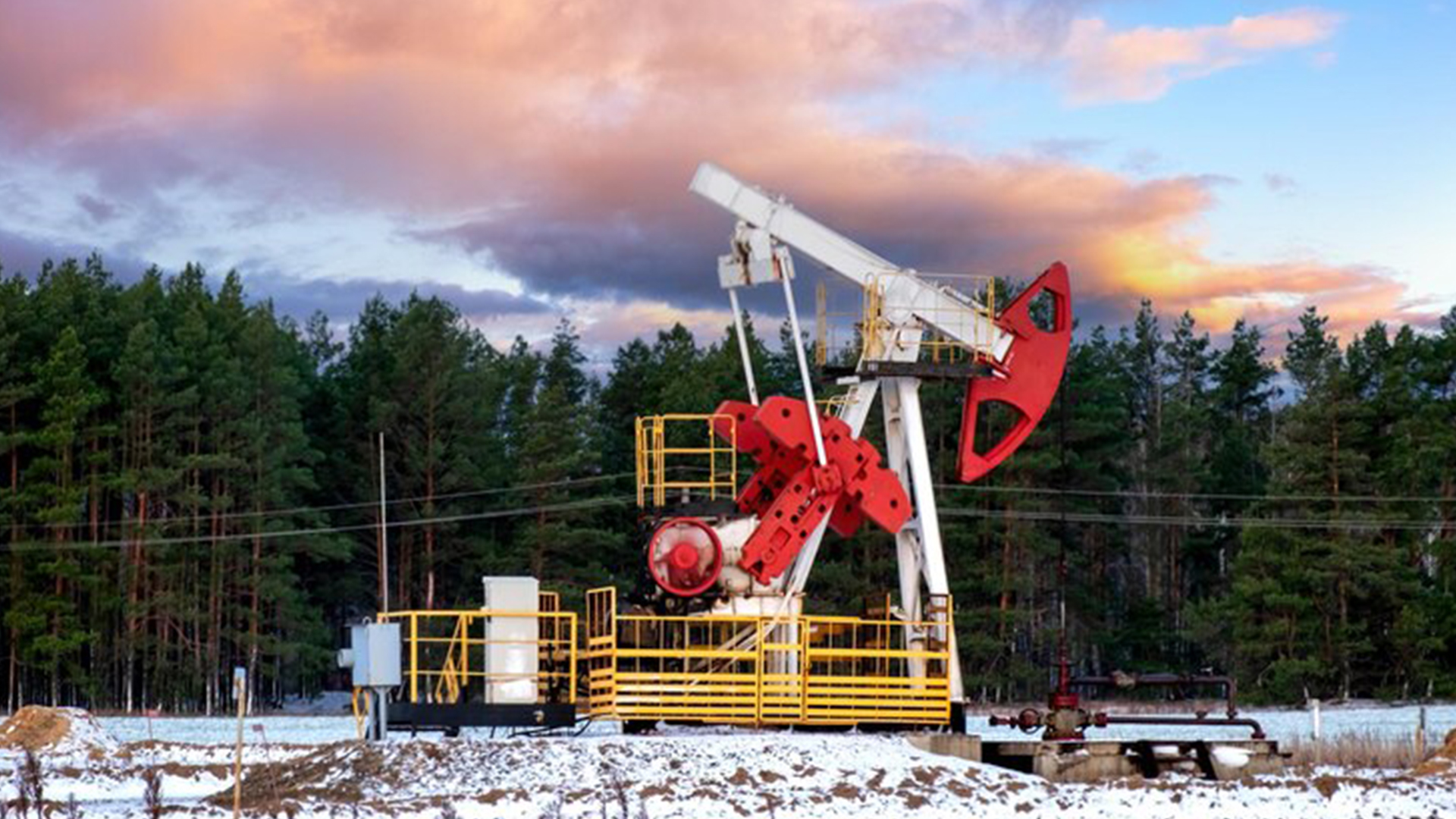
Fast Track Your Integrated Field Development Planning Career
Course overview
What does planning entail for the oil and gas sector?
The first step in creating a standardized strategy for the installation of oil or gas reserves is integrated field development planning. Engineering, scientific, and technological issues are unique to the management of oil and gas projects.
The tools, concepts, and management strategies for the oil and gas industry will all be covered in this Training Bee course’s integrated approach to planning. By combining several disciplines, it shows the key steps and processes that contribute to the project’s improved value. The frameworks for the production and transmission of oil and gas are known to be complex, capital-intensive, and dependent on abrasive technology. Cost minimization, value maximization, and recovery must all be taken into account as various elements must be delicately balanced.
What is development of an oil field?
As a result, various potential directions for field development will be examined while drawing on actual case studies. Most importantly, it will be made clear how important planning is to the development of the oil and gas industry. To optimize project value and minimize financial and technical risk, the key project drivers will be covered across the physical, geological, and mathematical factors.
The effectiveness of various oil and gas development strategies will be examined, and trainees will be given the tools necessary to create a strong field appraisal plan. Additionally, the plan’s viability will be evaluated. The course will include practical application through the completion of assignments and reports in groups. Additionally, trainees can be asked to present their research to an academic or business panel.
All facets of the field development planning phases are covered, starting with the principles of oil and gas exploration and extending through defining what is required for project sanction and finally how to carry out a successful development.
Assessing the various forms of infrastructure that can be used to exploit a hydrocarbon find will also receive a lot of attention. With a focus on the key elements for precisely projecting costs and lowering project risk, the various designs and associated costs for onshore, offshore, and subsea infrastructure and drilling components will be reviewed.
Introduction
The oil and gas industry uses integrated field development planning (IFDP), a strategic and interdisciplinary approach, to maximize the development of hydrocarbon reserves. It is a thorough and methodical process that includes the planning, designing, and managing of all field development aspects, from reservoir characterization to production facilities, while taking regulatory, economic, and environmental factors into account.
The goal of this course on Integrated Field Development Planning is to give students a thorough understanding of the procedure. To ensure that participants are well-equipped to handle the intricacies of planning and managing field development projects in the oil and gas industry, it digs into the principles, procedures, and best practices involved in IFDP.
In an ever-changing global energy landscape, the course equips participants with a thorough and current knowledge base that will enable them to contribute to the responsible and sustainable development of oil and gas resources.
We are The Training Bee, a global training and education firm providing services in many countries. We are specialized in capacity building and talent development solutions for individuals and organizations, with our highly customized programs and training sessions.
Learning Objectives
Upon completing Integrated Field Development Planning, participants will be able to:
- Professionals will gain an understanding of the work done by the integrated field development planning team on international oil and gas projects.
- Possess real skills and resources that they can apply right away for their next project job.
- Know both the science underlying the buildup of oil and gas and the history of business.
- Recognize the importance of making predictions in advance and loading from the front end while executing successful projects.
Our Unique Training Methodology
This interactive course comprises the following training methods:
- Journaling – This consists of setting a timer and letting your thoughts flow, unedited and unscripted recording events, ideas, and thoughts over a while, related to the topic.
- Social learning – Information and expertise exchanged amongst peers via computer-based technologies and interactive conversations including Blogging, instant messaging, and forums for debate in groups.
- Project-based learning
- Mind mapping and brainstorming – A session will be carried out between participants to uncover unique ideas, thoughts, and opinions having a quality discussion.
- Interactive sessions – The course will use informative lectures to introduce key concepts and theories related to the topic.
- Presentations – Participants will be presented with multimedia tools such as videos and graphics to enhance learning. These will be delivered engagingly and interactively.
Training Medium
This Integrated Field Development Planning training is designed in a way that it can be delivered face-to-face and virtually.
Course Duration
This training is versatile in its delivery. The training can be delivered as a full-fledged 40-hour training program or a 15- hours crash course covering 5 hours of content each day over 3 days
Pre-course Assessment
Before you enroll in this course all we wanted to know is your exact mindset and your way of thinking.
For that, we have designed this questionnaire attached below.
- How would you describe integrated field development planning in the context of the oil and gas sector in your own words?
- What are the main goals of an Integrated Field Development Plan, and why are they significant to the sector?
- The essential steps or components of the Integrated Field Development Planning process should be listed and briefly explained.
- What kinds of information and analyses are necessary for making wise choices when field development planning?
- How does information affect this situation’s decision-making?
- Describe the significance of integrating a range of stakeholders in the field development planning process, including technical, financial, and regulatory ones.
- How can judgments about field development plans get influenced by reservoir characterization, which includes factors like geology, geophysics, and petro physics?
Course Modules
This Integrated Field Development Planning covers the following topics for understanding the essentials of the Agile Workplace:
Module 1 – Basics of Integrated Field Development Planning
- Integrated field development planning: what is it?
- Structure (evaluation, idea, design, and implementation)
- Goals and participants involved
Module 2 – Integrated Field Development Planning: The Role of Industry
- Industry issues, data, and addressing the demand for production in the future
- Professionals’ involvement in development planning and their role in it
- Analysis of the field development workflow
Module 3 – Integrated Development Planning phases
- Phases of preparation, construction, and use
- Comparison of various outputs, including thermal, deep-water, and offshore
- The gated decision-making procedure
Module 4 – Integrated Field Development Decision-Making
- Engineering and reservoir characterization are two examples of technical inspections.
- Equipment used in the production plant and well
- Analysis of the decision-making analytical tools expected value, sensitivity analysis, Monte Carlo simulation, and decision hierarchy
- Operations and economics
Module 5 – Contracting and Licensing in the Management of Oil and Gas Resources
- Overview of the obligations under the law, the budget, and the contracts for obtaining oil and gas rights
- Management, regulation, and investment resource quantification, classification, and reporting
- Through participation in practice exercises on an individual and team basis, participants get practical experience in economics and decision-making.
Module 6 – Risk categories in integrated field planning
- Threats to finances and funding
- Risks in cost and scheduling management
- Operating hazard
- Risk in the environment
- Legal danger
- Risk to development
Post-course Assessment
Participants need to complete an assessment post-course completion so our mentors will get to know their understanding of the course. A mentor will also have interrogative conversations with participants and provide valuable feedback.
- Give an explanation of integrated field development planning and its main goal in the oil and gas sector.
- Give an overview of the important phases or elements of integrated field development planning that you have studied about in this course.
- Describe how data and data analysis are used to help decision-makers during the field development planning process.
- Talk about the value of stakeholder participation in field development planning.
- How does the reservoir characterization method affect the choice-making process for field development planning?
- What methods or technologies for efficient reservoir characterization have you learned about?
- Describe the factors to take into account and difficulties that arise when developing and constructing production facilities.
- What new information about this area of field development planning have you discovered?
Lessons Learned
Holistic Approach: The significance of a holistic approach to field development planning is one of the course’s main lessons. The importance of taking into account diverse technological, economic, and environmental factors as interrelated planning process elements has been made clear to participants.
Participants increasingly recognize the crucial role that data and cutting-edge analytics play in decision-making. The emphasis of the course has been on the importance of accurate and thorough data analysis for well-informed decision-making.
Interdisciplinary Collaboration: Interdisciplinary collaboration between geoscientists, engineers, financial experts, and regulatory experts is necessary for integrated field development planning. Participants have learned the value of strong teamwork and communication across different fields.
Grasp of Reservoirs: The course has emphasized the importance of having a thorough grasp of reservoir characteristics, which directly affects the effectiveness of the development plan. Participants have discovered that optimizing hydrocarbon recovery depends on reservoir characterization.
Environmental responsibility: Field development planning includes environmental and regulatory considerations. The industry’s dedication to environmental sustainability and the importance of following rules at every stage of development are now known to participants.
Risk management: A crucial component of field development planning is effective risk management. Participants have discovered that risk identification, assessment, and mitigation are essential for a project’s long-term success.
